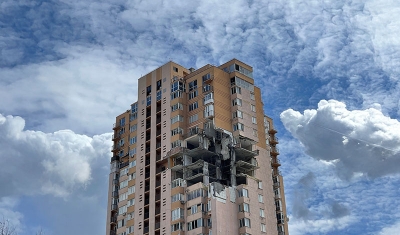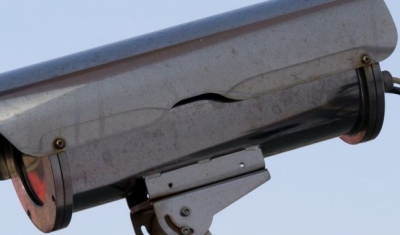9 May 2019, 18:00-19:30
Event
Geneva Academy
To launch our new publication on persons with disabilities and armed conflict, we host a joint-panel with the International Committee of the Red Cross (ICRC) to explore the impact of armed conflict on persons with disabilities, as well as states, armed non-state actors and humanitarian organisations’ obligations towards them.
Armed conflict has a particularly devastating and disproportionate impact on persons with disabilities, who based on their impairment, are denied the rights and protections they are entitled to under both international human rights law (IHRL) and international humanitarian law (IHL). Persons with disabilities are the subject of targeted killings and sexual and gender-based violence, and more likely to be killed or sustain serious injury as a result of inaccessible protection mechanisms and evacuation procedures. Inaccessible humanitarian assistance (including food, water, medical care, shelters and displacement camps) has a catastrophic impact on persons with disabilities. In the aftermath of conflict, persons with disabilities are not granted equal participation and full involvement in peace processes.
Despite the severe consequences that armed conflict has on persons with disabilities, they remain the forgotten victims of armed conflict. ‘Disability’ is still widely considered a niche issue, particularly in the conflict setting and very little research or literature exists on the topic.
Our new publication ‘Disability and Armed Conflict’, the output of a three-year research project, assesses the relationship between the United Nations Convention on the Rights of Persons with Disabilities and IHL, and makes recommendations regarding a range of conflict-specific issues including the proportionality assessment, effective warning systems, evacuation procedures and the treatment of prisoners of war and internees from a disability inclusive perspective. Copies of the publication will be available at this launch.
Alice Priddy, Senior Researcher at Geneva Academy will present the key findings and recommendations from our report. Her presentation will be followed by a panel discussion with key experts on IHL, the CRPD and humanitarian response.
In conjunction with this event, a photography exhibition by Giles Duley on persons with disabilities and armed conflict will take place on Quai Wilson from 30 April 30 to 30 May 2019.
You need to register to attend this event via an online form on the ICRC website.
 News
News
Adobe
The Geneva Academy convened an expert consultation on the CESCR’s General Comment on the Application of the International Covenant on Economic, Social and Cultural Rights in Situations of Armed Conflict.
 News
News
Our new publication, Equality and Non-Discrimination, brings together cutting-edge scholarship on one of the most fundamental principles of international human rights law.
 Training
Training
UN Photo / Jean-Marc Ferré
This training course will explore the origin and evolution of the Universal Periodic Review (UPR) and its functioning in Geneva and will focus on the nature of implementation of the UPR recommendations at the national level.
 Project
Project
Shutterstock
This project will explore humanitarian consequences and protection needs caused by the digitalization of armed conflicts and the extent to which these needs are addressed by international law, especially international humanitarian law.
 Project
Project
Oliver Peters / Pixabay
The ‘Counter-Terror Pro LegEm’ project combines legal analysis with social science research to (1) examine the effectiveness of counterterrorism measures and their effects on human rights and (2) analyse the structure of terrorist networks such as Al Qaeda or the Islamic State and see whether they qualify as ‘organized armed groups’ for the purpose of international humanitarian law.
 Publication
Publication